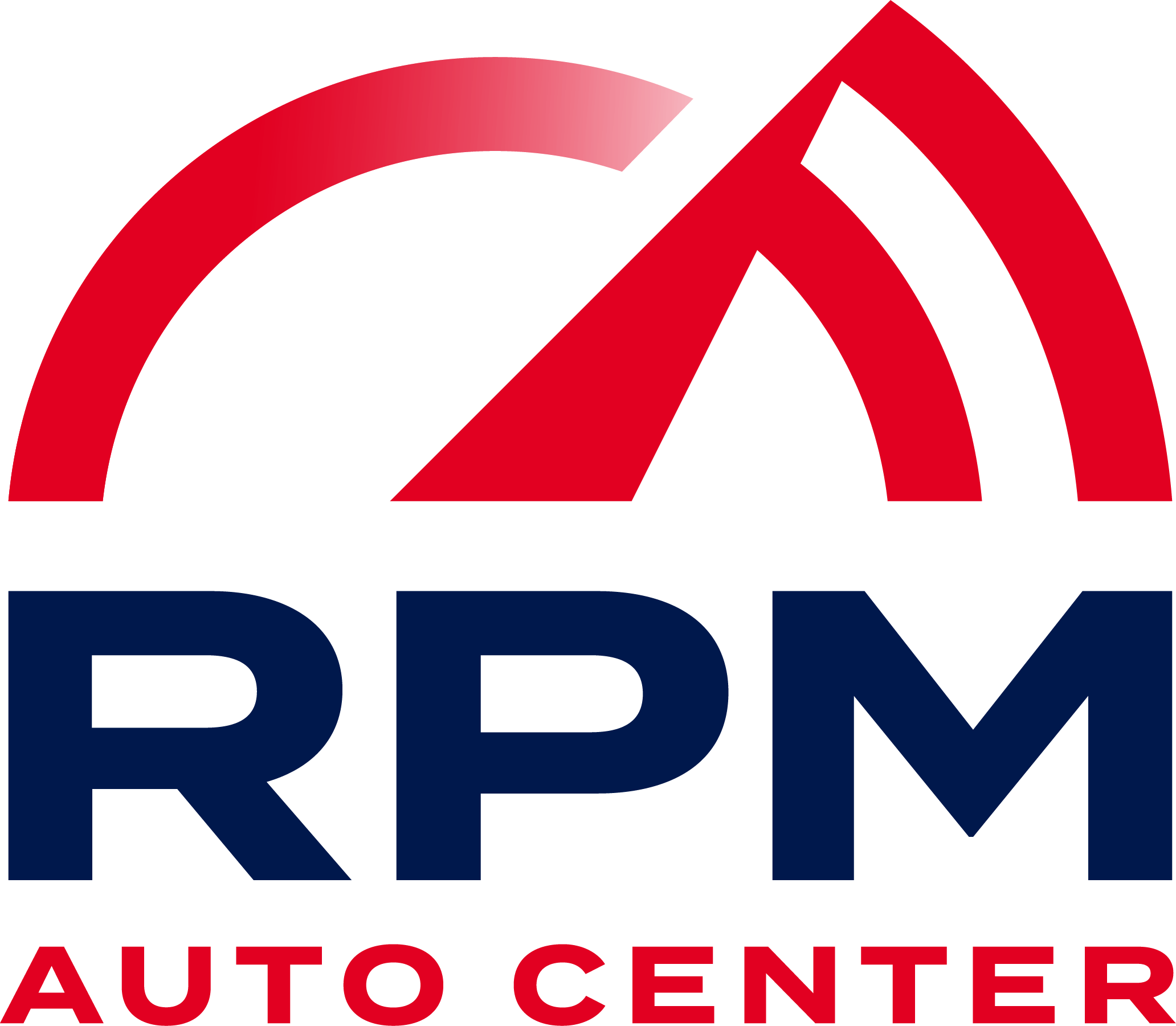Maintaining the proper coolant levels in your vehicle is essential for the optimal performance of the cooling system and the overall health of the engine. Coolant, also known as antifreeze, plays a critical role in regulating engine temperature and preventing overheating.
Check Coolant Levels Regularly:
Make it a habit to check the coolant levels in your vehicle regularly. Park your vehicle on a level surface and wait until the engine is cool before opening the coolant reservoir or radiator cap. Consult your vehicle’s owner manual to locate the coolant reservoir or radiator cap. Ensure the coolant level is between the minimum and maximum markings on the reservoir or radiator.
Use the Recommended Coolant Type:
Using the correct coolant type is crucial for maintaining proper coolant levels and ensuring optimal performance. Refer to your vehicle’s owner manual to determine the recommended coolant type and mixing ratio. Different vehicles may require specific coolant formulations, such as ethylene glycol or propylene glycol-based coolants. Using the appropriate coolant type will help maintain the desired coolant levels and provide the necessary protection against freezing and overheating.
Top Up Coolant When Needed:
If you find that the coolant level is below the minimum marking, it is important to top up the coolant to the proper level. Use the recommended coolant type and mix it with distilled water according to the manufacturer’s guidelines. Slowly pour the coolant mixture into the coolant reservoir or radiator until the level reaches the maximum marking. Avoid overfilling, as excessive coolant can lead to system pressure issues.
Inspect for Coolant Leaks:
Regularly inspect your vehicle for any signs of coolant leaks. Coolant leaks can lead to a loss of coolant and reduce the system’s overall capacity. Check for puddles or stains beneath your vehicle, a sweet odor inside the cabin, or visible signs of coolant leakage around the engine or cooling system components. If you notice any coolant leaks, have them repaired promptly by a professional to prevent coolant loss and potential engine overheating.
Perform Regular Coolant Flushes:
Over time, coolant can become contaminated with debris, rust, or other impurities, affecting its effectiveness. Regular coolant flushes help remove old coolant along with any accumulated contaminants, ensuring the cooling system operates at its best. Follow the manufacturer’s recommended intervals for coolant flushes and replacements to maintain proper coolant levels and promote cooling system longevity.
Consult with a Professional:
If you are unsure about maintaining proper coolant levels or suspect a coolant-related issue, it is recommended to consult with a professional mechanic. They can provide guidance, perform coolant level checks, diagnose coolant leaks, and ensure the cooling system is in optimal condition.
Maintaining proper coolant levels in your vehicle is vital for the efficient operation of the cooling system and the overall health of the engine. By following these guidelines, you can ensure that your vehicle’s cooling system functions optimally, helping to prevent engine overheating and maintaining a reliable and efficient driving experience.


